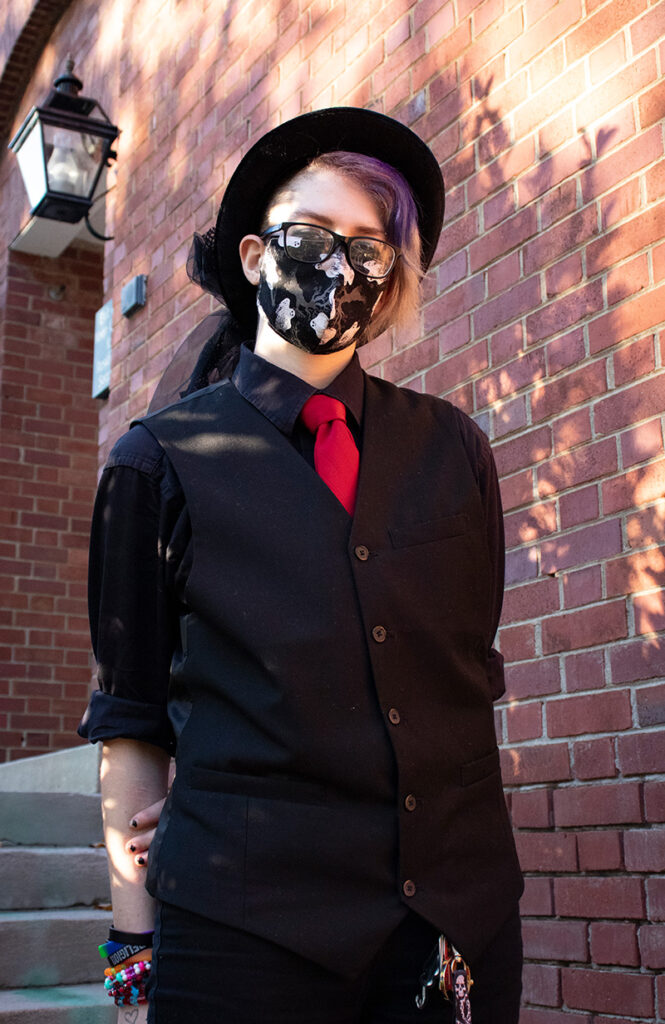WKU junior Eli Edens grew up in the small city of Caneyville, home to 612 people and acres of fields. Edens experiences growing up in a rural area and on a farm are full of cozy farm tales and small-town wisdom. Through those rosy-cheeked memories, however, Edens’ hometown’s ideologies loomed heavily in the background of their mind.
Personal identity was a black and white topic with no room for curiosity, setting Edens up for years of difficult self-reflection and denial about their true identity.
At first, Edens said farm life wasn’t so bad.
“I liked growing up on a farm,” Edens said. “We owned chickens and rabbits and had cows out in the cow fields. Whenever I grew a little older and I couldn’t sleep at night, I would sneak out of my window, and I’d walk into the cow fields and spend time there.”
But as Edens was growing into adolescence, the constant juggling act of trying to come to terms with their identity within the LGBTQ community, while living in a small-town community that held conflicting beliefs about same-sex marriage and gender identity, became overwhelming.
“I like to joke that where I grew up, there were more churches than people,” Edens said. “There was a lot of stereotyping in my community, and I can remember up until I was 16 swearing up and down in my head that I was straight.”
Even as they would try to convince themself of that, Edens always felt like something about them was different. Due to their own familial conflicts and the fear of being judged by their hometown, Edens never felt that they could even attempt to figure out their true identity. This made growing up a challenge.
“I remember one time I was either 7 or 8, and I told my mom, ‘I’m not a boy or a girl,’” Edens said. “That should’ve set everybody off, but that just wasn’t really a thing that was known about. At that time, I didn’t even know there were terms for that.”
Edens said that where they grew up, anyone who identified themselves as part of the LGBTQ community was looked down upon and severely judged. If you were not a frequent church attendee, you were the talk of the town.
However, Edens wasn’t the only person who felt like they didn’t belong in Caneyville.


